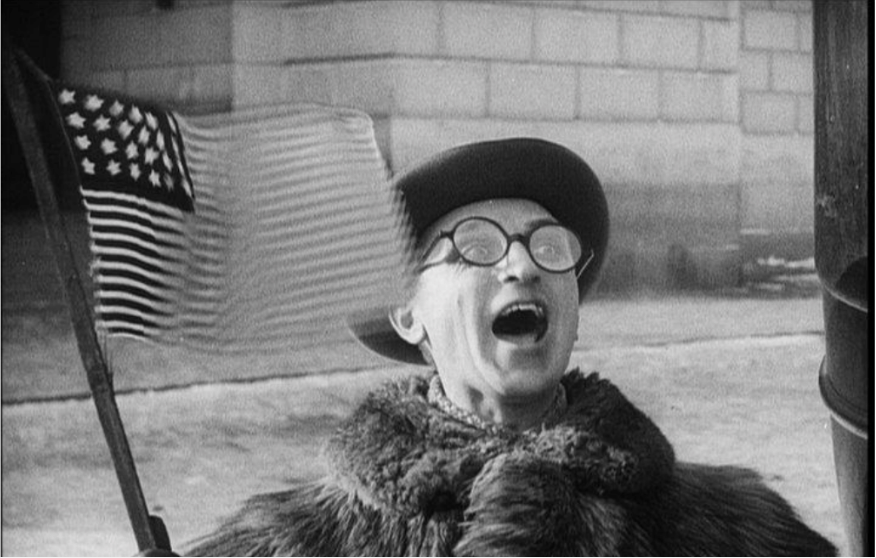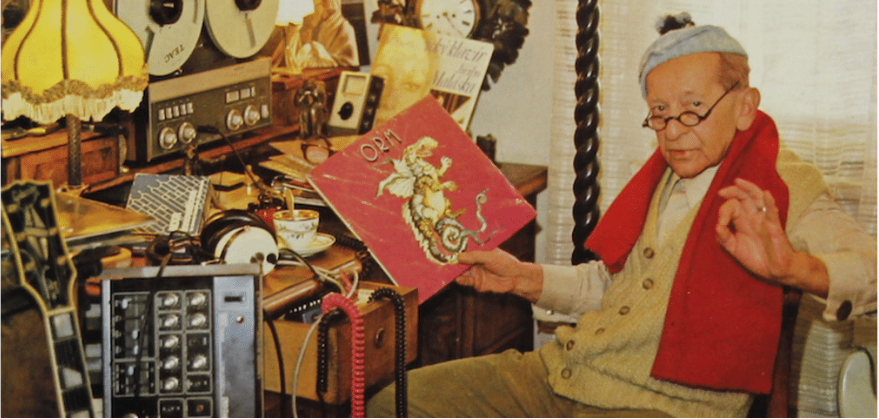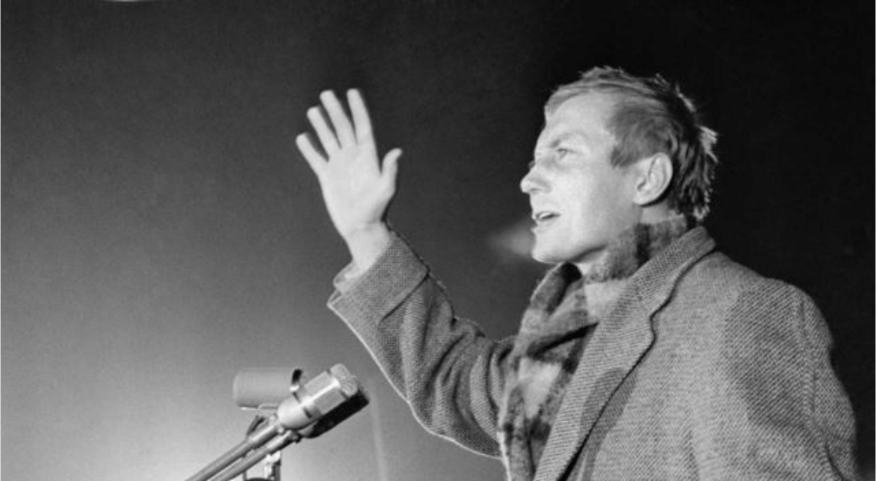Artists, radicals and radical artists have always looked at the future, the horizon, and seen a telos of emancipation. From modern-day left-accelerationism to 90s anarcho-cybernetic to prog-rock’s discovery of the synthesizer, the future has been an emancipatory muse. Owen Hatherley’s Chaplin Machine engages what could be termed an early example of left-accelerationism: the Soviet avant-garde’s absolute fascination with America. Indeed, going with Hatherley’s beautifully written and sometimes cheeky account with this fascination that, to be frank, sometimes borders on mystification, one can even reverse the aphorism of Earl Browder, the old social-patriotic leader of the American Communist Party, “Communism is 20th century Americanism.” This is to say that to those in the early Soviet avant-garde, and indeed cultural producers in general, Americanism was 20th century communism.
Read moreAmericanism as 20th Century Communism
Lev Kuleshov’s The Extraordinary Adventures of Mr. West in the Land of the Bolsheviks (1924).


















